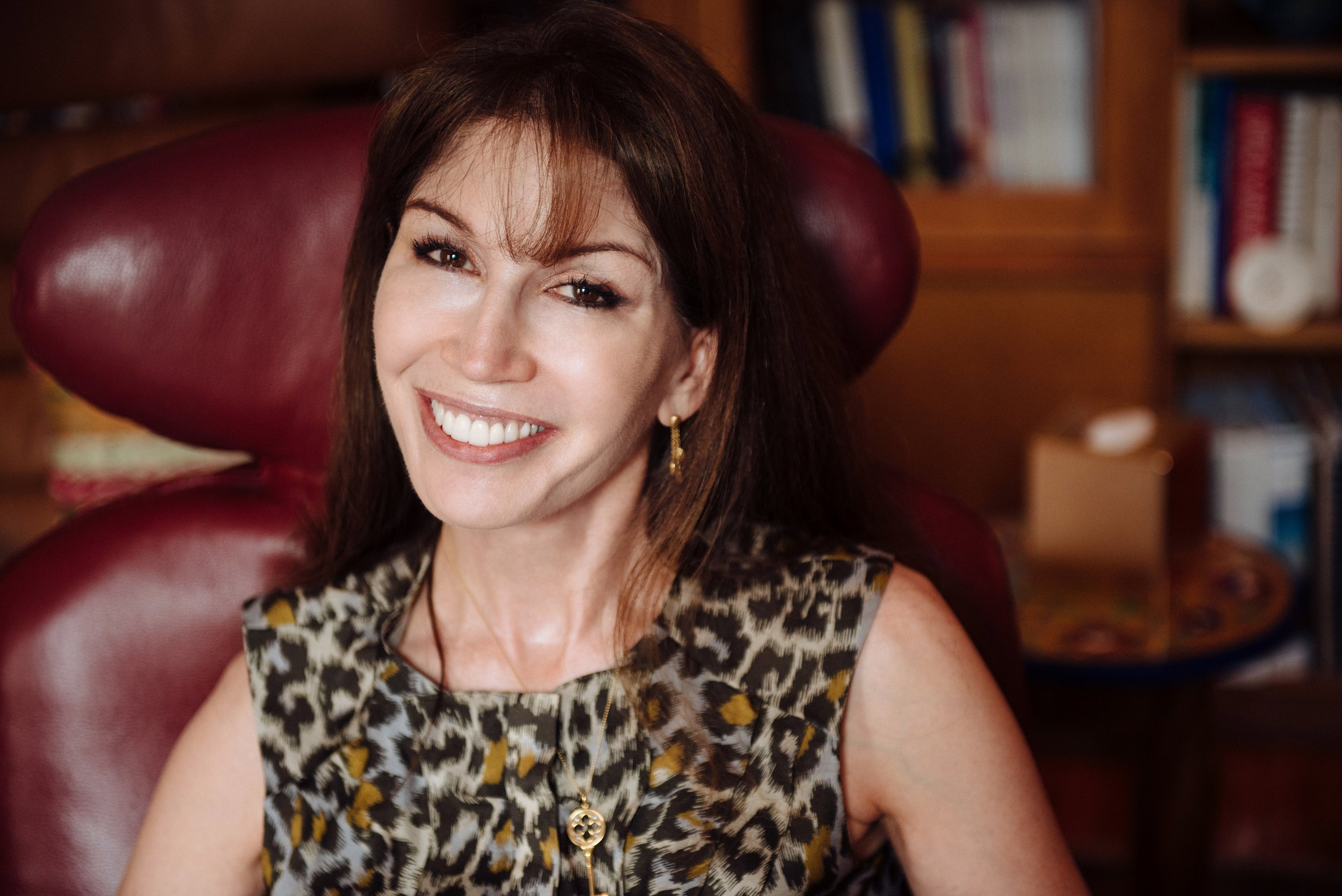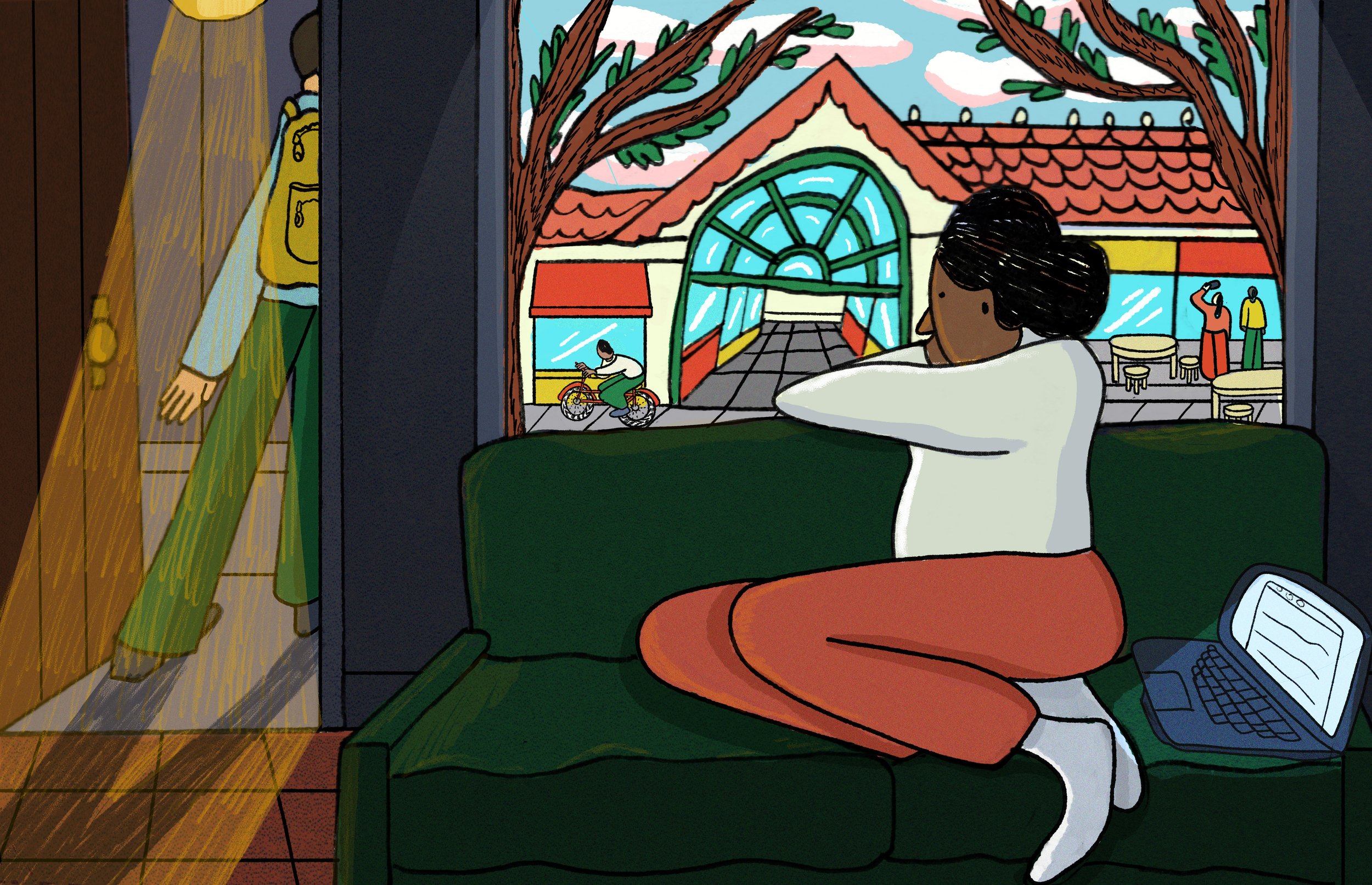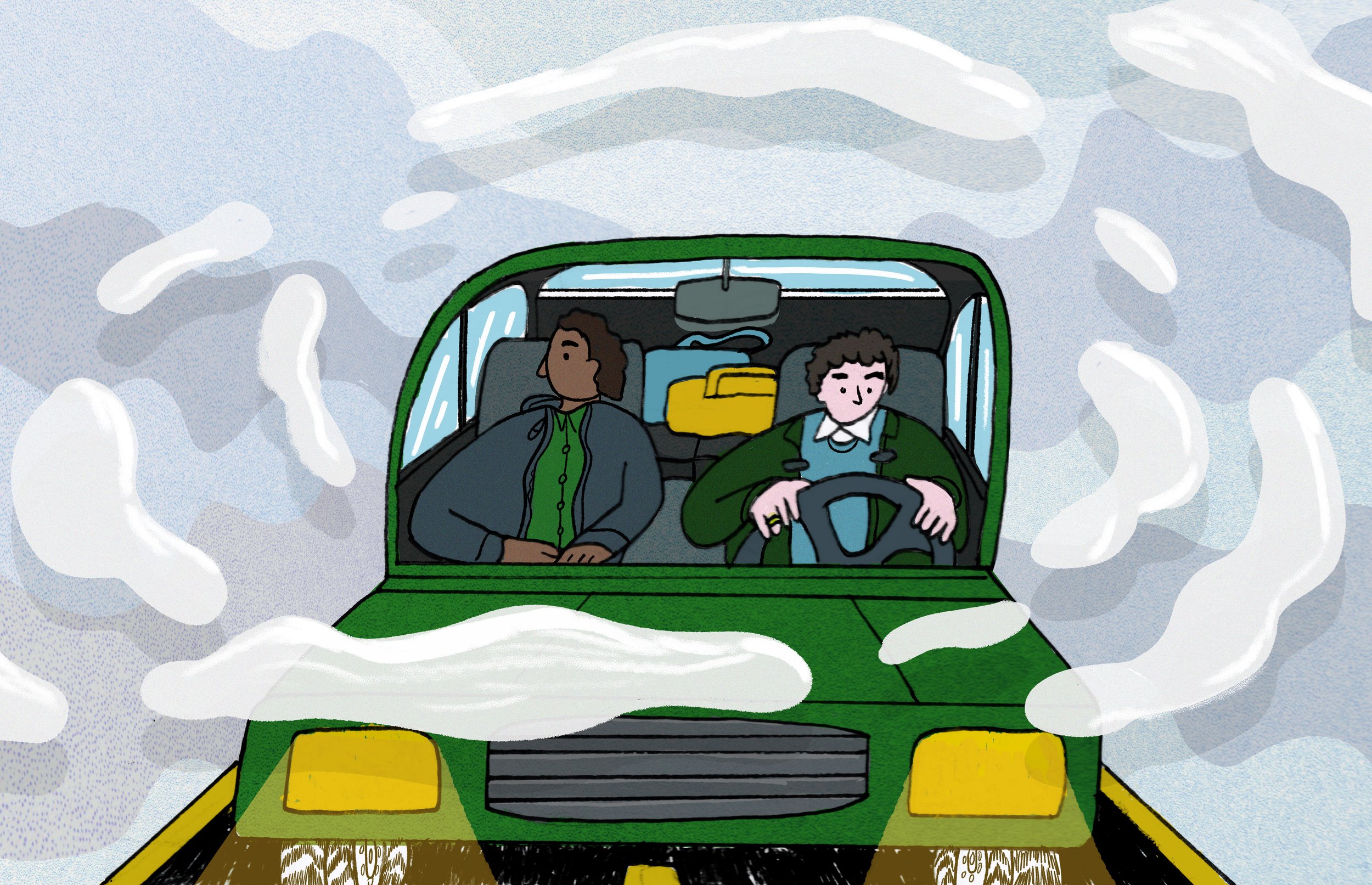2 p.m. at Tanglewood

2 p.m. at Tanglewood on a summer Sunday is when thousands pack the Music Shed or sprawl across the meadow beyond. Today, they await a young Russian, who, built like a broomstick, hurries across the stage to perform Rachmaninoff's Third Piano Concerto. They are here to be dazzled by this prodigy; I am here because I’m afraid to be alone. I also fear that once he starts, a volt of panic will blast me from my seat. Already, a howl is building in my lungs. What if I start baying like a coyote in the middle of the adagio? I count nine people between me and the exit.
He places his hands on the keys. The crowd falls silent. I cross my arms and pitch forward. Not a good sign. On the conductor's downbeat, a sweet river of sound rises with glistening, tender passages and a haunting melody that gradually begin to ease my breathing. As the music flows, I feel lifted into its current, diluting the terrible imaginings spooling from my brain. I have the sensation of floating up and down the keyboard in the cadenzas' vaulting arpeggios and double octaves. The boy plays with such monstrous prowess that I seem to hear every note and the milliseconds between them. I sense myself dissolving and slipping, formless, through these tiny silences into the heart of the concerto. It's a torrent, unstoppable as life is, alas, unstoppable. Music insists that everything unfolds in time and the Russian drives it on for nearly an hour. He keeps coming. He does not tire. He triumphs.
Jubilation breaks out. The elderly Yankee beside me in pearls and pastels leaps to her feet, ululating like a mad woman amid the cheering, crowing crowd. The Russian rises from the bench, bangs soaked, face radiating joy—a sweet, square face, too young to hide his happiness.
I sit in an enchanted stupor as the hall empties.
*
I'd escaped to the Berkshires this weekend seeking respite from what awaited me at home. Back in New York, the misfolded proteins in my mother’s brain were dragging her through demented agonies. She'd scream that her feet were on fire and burning in her bed, insist that her teeth were wrongly stuck in her mouth, demand, "Who would sleep with their hair on?" tugging on her thinning spirals with the hauteur of a Princess Margaret. "WHO??" Once, when I tried to dress her, she kicked and shrieked as though my fingers were blades. The struggle left us both panting and in tears.
Beyond her troubles were mine. The man whose presence had, for years, felt protective against some vague future harm, had told me he needed a more available partner. My daughter needed a more present mother. I had to choose. It was a necessary though crushing loss. At this same time, I was leading a large team on a difficult project with a mean-spirited client who made impossible demands and concluded, like the lunatic Kendall in Succession: “Here’s the rule: no one can say no.”
Was it the pile-on, or was I just a lousy sport in life? Who had promised me an easy death for my mother? A love that would last? A job free of absurdity and stress? An unstained motherhood? If ending it all didn't mean abandoning my child or, worse, upstaging my mother, I might have considered it. But for the moment, I was doomed to live. Despite anti-depressants by day and sleeping pills by night, breakthrough anxiety awakened me, first sweating then shivering as fear itself stalked and circled, whispering my mistakes and inadequacies, infecting my fragile hope with dread and doubt.
*
Once outside the concert hall, I notice things I'd missed on my way in—the deep green meadow, immense red oaks, the smell of sun in the late August air, the distant Appalachian foothills—shrouded and bluish—as though painted by the loose, abstract brush of Monet. I notice that for the first time in weeks, I am hungry.
Later, I ride a bus back to the city in quiet ecstasy. I may never know how, in that hour of the Rach III concerto, my fear came to an end. All I can say is that I heard his performance and a great change occurred. For days, my senses are exceedingly sharp. Savoring the exquisite bitterness of morning coffee, the amber warmth of late summer light, my body's weight on the mattress at night, the deep relief of knowing I will sleep, opening a book and once again understanding the words. Holy, holy, holy. Several days later, when this joy begins to ebb, it leaves behind a shy belief: I am equal to what lies before me.
About the Author
Robin Reif is a writer and storyteller who lives in Manhattan. Her fiction and nonfiction have appeared in The New York Times’ Modern Love column, The Missouri Review, and Ayin Press, among other literary publications. She is the winner of the 2022 Jeffrey E Smith Prize in nonfiction from The Missouri Review and her Off Assignment essay, "To the Woman Whose Body I Washed" was a Notable in Best American Essays of 2023. She holds an MFA from Bennington Writers Seminars. You can visit her website here.
Illustration by Jane Demarest.
Edited by Aube Rey Lescure.











